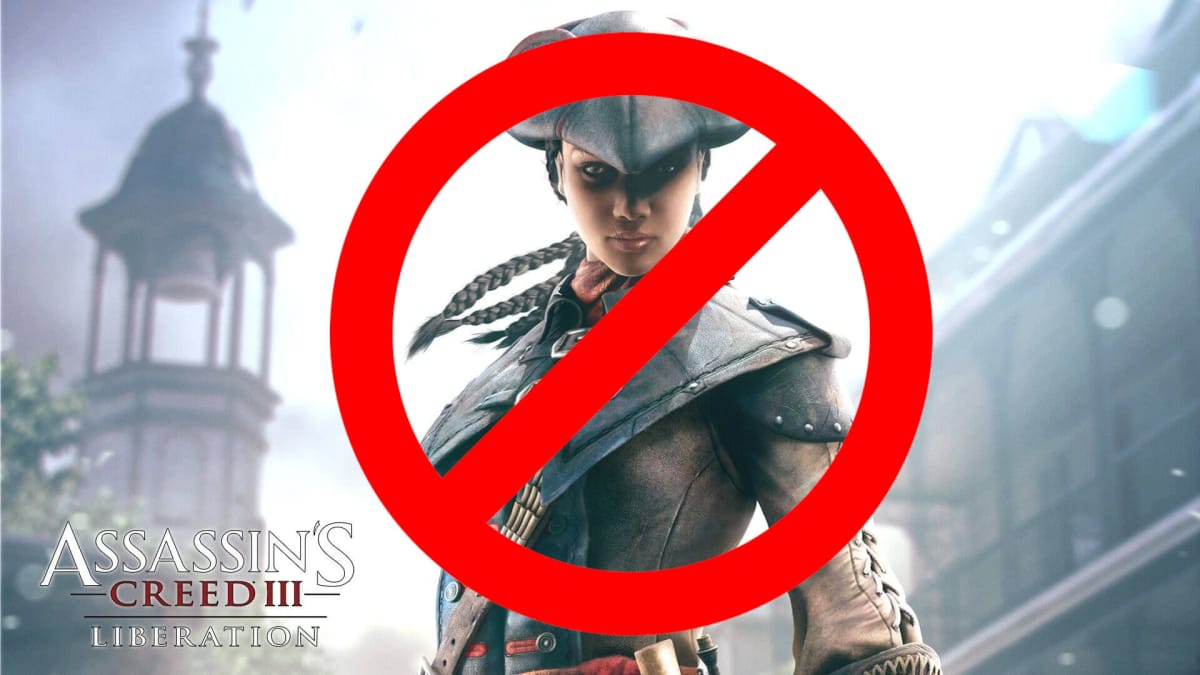The recent news regarding the removal of Assassins Creed: Liberation HD from the Steam store has certainly stoked the fires of debate once more online. Many seemed surprised Ubisoft would remove access to the game on Steam, but perhaps more telling was the number of cynics who shrugged their shoulders collectively, saying ''Yeah, that's not surprising."
So count me in the cynic camp as well. Whether we like it or not, digital distribution is going to be the future of video games, but there are so many pitfalls attached to it. After all, this is the second time in less than a week that we see a major company removing access to content from their digital platforms. Last week, if you recall, Sony and the film company StudioCanal decided to terminate the access to the studios' movies and TV shows on the PlayStation Network, in a move that angered many when it was first announced.
While the Sony move was about films, the fact of the matter is it follows a pattern of behavior from larger companies that greatly disfavors consumers. Perhaps we, as consumers, should brace ourselves for the reality that comes with digital distribution and start thinking about how to navigate it.
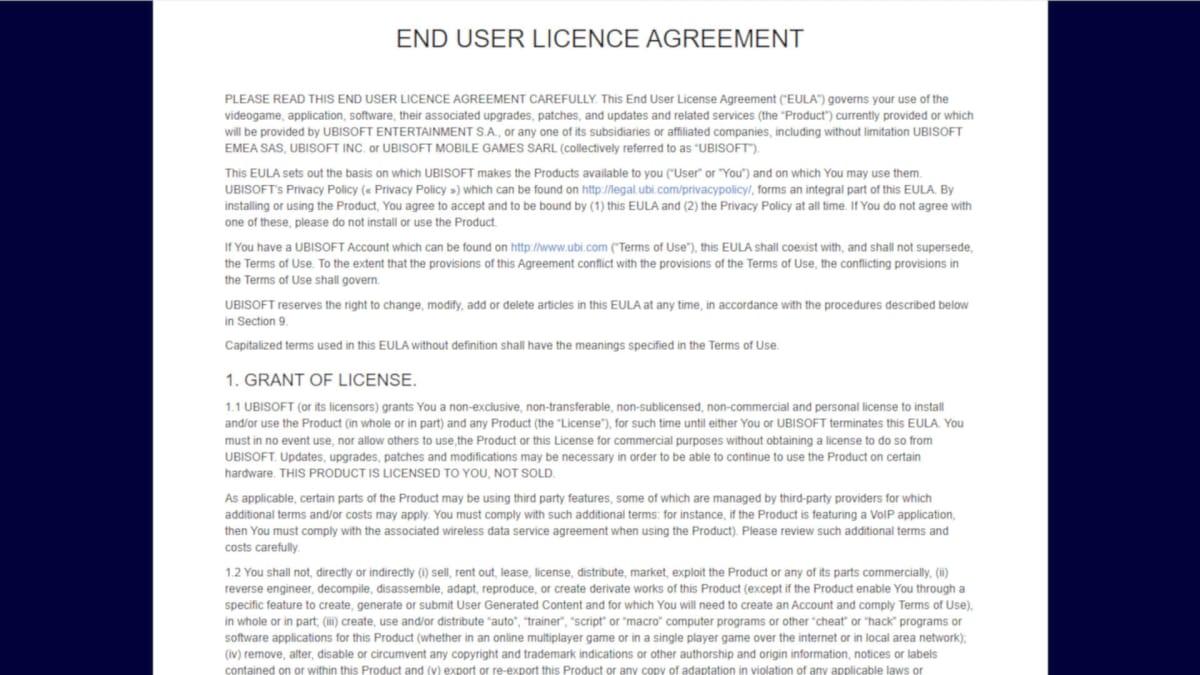
The EULA Contract
How many of you honestly have read a EULA before?
A EULA, or End User License Agreement, is basically a legally binding agreement between the owner of a product and the "end-user" -- basically the consumer. A EULA is a legal agreement between the product owner and the consumer that protects the owner's property.
We often see EULAs for any form of digital distribution and ownership, but the language within a EULA is pretty clear -- in a legal sense -- in how it is worded. Take, for example, a EULA from Ubisoft’s website. The agreement specifically mentions two specific bullet points: a grant of license and ownership, both of which allow Ubisoft to retain all ownership and access to their products.
For a grant of a license, Ubisoft notes very clearly that the product is not sold to the consumer of this item, but rather licensed out.
UBISOFT (or its licensors) grants You a non-exclusive, non-transferable, non-sublicensed, non-commercial, and personal license to install and/or use the Product (in whole or in part) and any Product (the “License”), for such time until either You or UBISOFT terminates this EULA. You must in no event use, nor allow others to use, the Product or this License for commercial purposes without obtaining a license to do so from UBISOFT. Updates, upgrades, patches, and modifications may be necessary in order to be able to continue to use the Product on certain hardware. THIS PRODUCT IS LICENSED TO YOU, NOT SOLD.
Ownership is much more transparent. For consumers, Ubisoft notes directly that all ownership of their product, which includes graphics, sounds, music, themes, videos, diagrams, and more, is owned wholly by Ubisoft. This also goes into liabilities the consumer faces if they attempt to copy or pirate the software and therefore, the license, and even electronic access and what that means legally for the consumer.
All of this is just one example, but note how explicit the language is; ultimately Ubisoft games retain ownership of their products, which are not transferred over to the consumer. Ubisoft is also not alone here, as other companies have their own variants of a EULA, but all of the language amounts to a similar result.
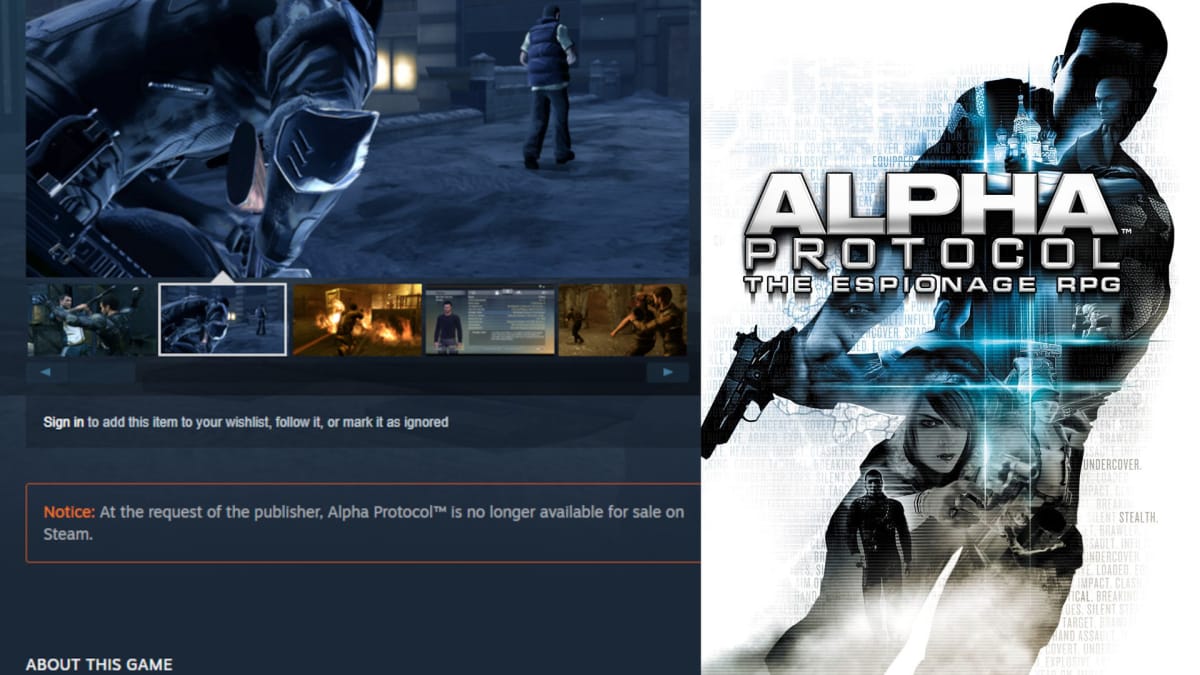
Digital Access Versus Ownership
The reason the EULA is important to understand is that it basically spells out to consumers that they are given access to a product, not ownership. Access becomes the primary point of contention here for consumers, especially with digital distribution. It is also important to note that access is completely different from ownership.
Simply put, anything downloaded from digital platforms consumers don’t own, but rather are given access to by the license owners. Of course, purchasing a game from Steam or the PlayStation Network gives you access to play the game, but you don’t technically own the game in your digital library.
The question of access and ownership is important here. For starters, almost every game we play pretty much falls under the access category; so long as it is available, it can be played. Ownership of course is trickier, and under a standard EULA, we simply do not own any game we download. It is being rented out by the digital distribution platform, which is controlled by big publishers.
So this means that certain titles will always be left out in the cold if they simply aren't big sellers. Take Alpha Protocol, a flawed but now cult classic RPG by Obsidian, which was published by Sega. The game was released for the PS3, Xbox 360, and PC, with the PC version being one of the few available versions for new players to discover until it was removed from digital platforms at the request of Sega.
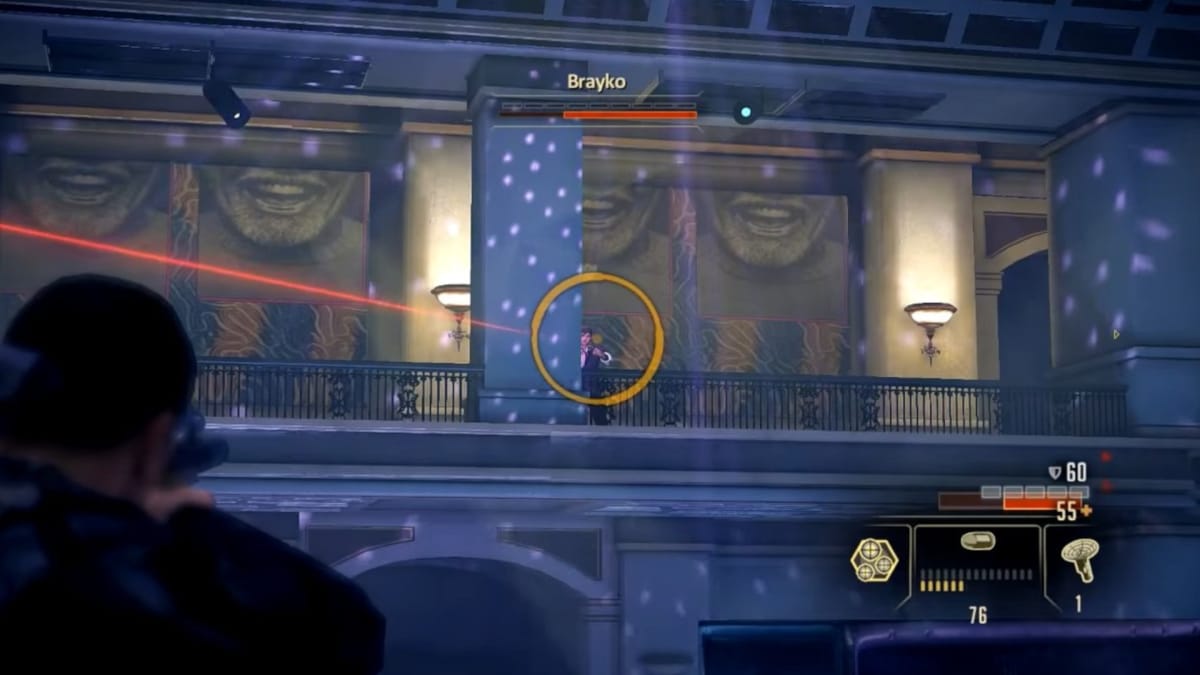
Why was it removed? The game contained licensed music, and the contracts to use that music in the game expired. Sega, not wanting to renew the contract because it is a niche title with a small fanbase, opted to delist the game from digital platforms.
Now, those who already purchased Alpha Protocol can still use it thankfully, but the loss of Alpha Protocol is emblematic of the greater issue of access and its relationship to ownership. Sega made a business decision to remove a product that barely anyone has because of a licensing deal within the product. This would lead to Sega cutting off access to the said product, making it difficult to track down for those who want to find a legitimate copy. Sure, you have the physical releases, but they too are becoming more scarce as time moves on, despite being made for two relatively popular systems.
That is the real danger here. The Marios and Skyrims of the world will likely always be available because it's just good business sense to keep them around. It's the smaller tier, the AA games, or really odd titles that tend to be left in the dust. For every Skyrim re-release, there at three Alpha Protocols that are disappearing.
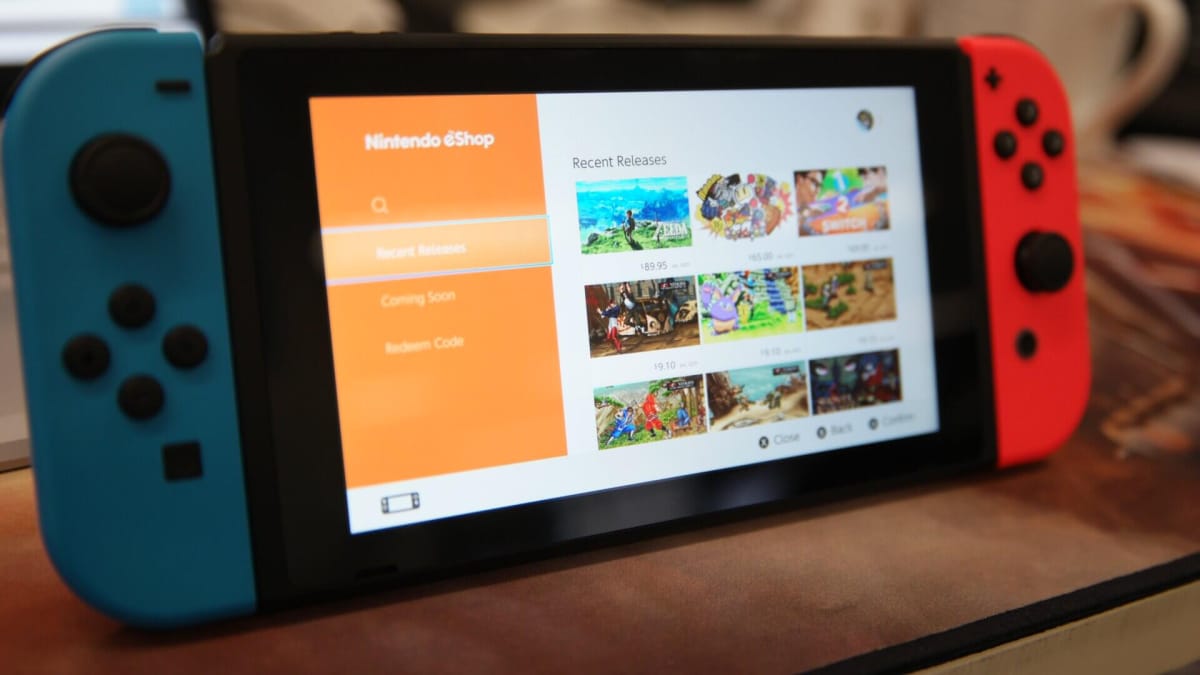
Digital Distribution Fails to Be an Equalizer
The situation with Alpha Protocol should not be a surprise of course. Ultimately, publishers are looking to make money after all. Video games are a business; it's easy to make fun of that fact, but it’s a fact nonetheless. For many, perhaps idealistically, the end goal of digital distribution could have been an equalizer for all games to be widely available, using technology to store data and control a whole software library directly from your fingertips.
The reality, however, has seen more fences than open gates. Sure, there are benefits to this of course. For one, access to games is quite easy for most players now thanks to digital distribution. Digital platforms are a gateway for thousands of developers, big and small, to push out content and fit a direct niche with their audience.
The complications however are numerous. For starters, licensing games onto these digital platforms is an issue in itself. Publishers like Nintendo have prided themselves on trying to encourage indie developers to self-publish games for the Nintendo eShop, which on paper sounds like an equalizer for developers but has come under criticism several times by small-time, unproven dev teams. This is still small potatoes compared to the likes of Sony, who have notoriously shafted indie developers over the years.
This also says nothing about what platform these games will be on. PC storefronts like Steam and Humble Bundle certainly have longer shelf lives than Xbox Live or the PlayStation Network. Hundreds of games digitally released on consoles, handhelds, and even phones are slowly becoming lost forms of gaming media, an issue game preservationists are trying to combat.
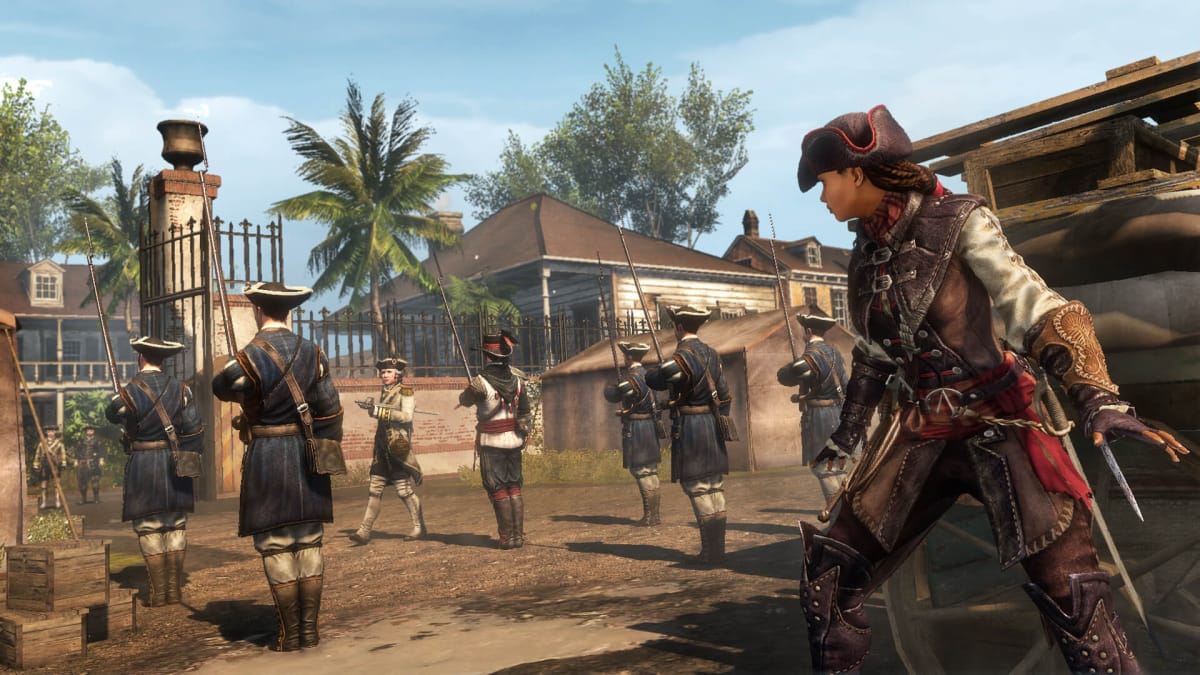
PC of course is not immune either. Ubisoft just recently announced the shutdown of several online servers for their games across multiple platforms, and this does include PC titles. These are also popular games, such as Assassins Creed II and Far Cry 3, so it’s not like an Alpha Protocol or other small indie title being affected either.
The loss of gameplay modes basically makes the games incomplete as products, but under a EULA license, it doesn’t really matter to the publishers. It again comes down to a business decision, to decide to keep paying money for a diminishing return or to simply cut losses and focus resources on something else. Most companies, correctly, will do good business in the long run, and with them retaining the rights to all properties, even access is at risk of going away for games, big and small.
The bigger issue of course is if companies then decided to pull their game entirely from the libraries of players, something that may have been the case with Ubisoft's recent decision with Assassins Creed Liberation HD. While Ubisoft clarified their position pretty quickly, noting that those who purchased Liberation can still play it, it is still their right to remove the game if they wish. Think of it as a person saying trust me, while holding a knife to your throat; you have no choice but to trust that publishers and digital marketplaces will honor the digital purchases of their games for the long run. The problem is that trust is already shaky, at best, and dictated by the financial worth of the IP.
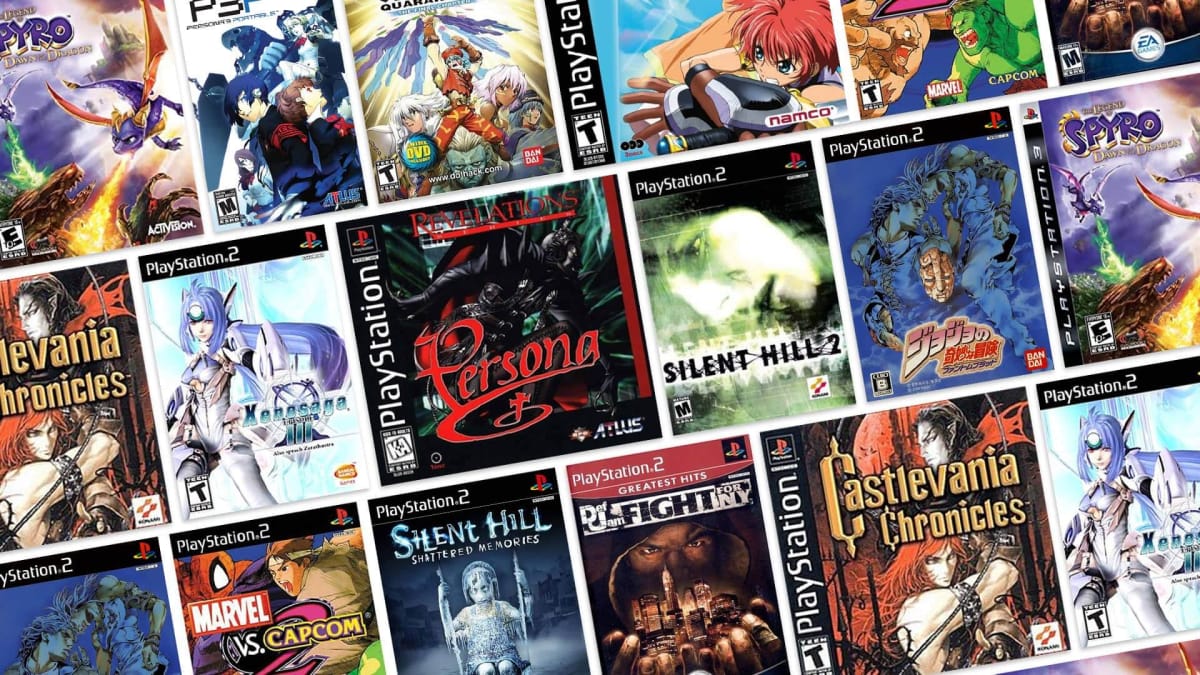
The Erosion of Digital Ownership
A lot of people are probably wondering then, what can we do about it? The first thought of course, is to buy physical copies of a game, but that also has limitations. For one, not everyone has access to physical games. This can be for financial reasons, the prices are simply too high, or even cultural ones, such as governments banning certain products from sale. While owning a physical copy of a game is more secure than digital ownership, its other major drawback is degradation.
Older consoles are slowly beginning to die. Issues of hardware failure, broken clocks, and other problems especially plague disc-based systems from the mid to late 1990s. Cartridge-based systems have their own hardware issues that may need to reconcile, and the hobby of collecting video games has become a very expensive one due to these realities.
It’s not just the consoles that are degrading though, it's also the discs and cartridges. Disc rot for example is a real phenomenon that can erode physical releases, as discs are estimated to expire after 30-100 years. Cartridges also have a shelf life, with an estimated lifespan of 20-50 years, so pretty much every game ever released on console or PC is already in jeopardy of being lost to time.
Note that these estimates are all over the place, with some claiming it would take a century before the game does finally give out. The discs themselves are the real issue to look for; depending on the CD/ DVD type can determine its overall shelf life, with older DVD formats having a quicker expiration date than newer CDs and Blu-Rays.
Now, this does vary, as proper storage of discs can keep them fresh longer. It is also preventable thanks in part to, again, digital distribution. As said earlier, popular games will never disappear either; your copy of The Legend of Zelda: Ocarina of Time for the Nintendo 64 may go away, but Nintendo will always find a way to re-release the game, either digitally or physically, for players. Of course, you’ll have to pay for that privilege to play it, and if you were a fan of say, Hybrid Heaven for the Nintendo 64, chances are it’s not going to be coming to the Nintendo eShop.
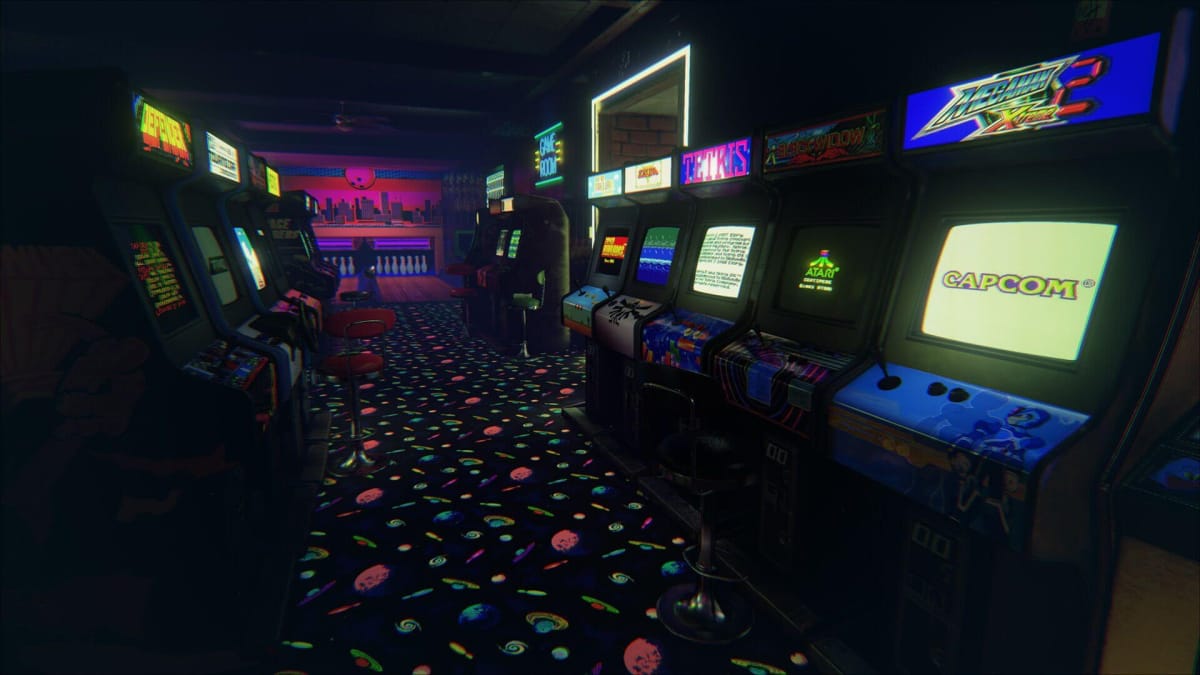
Discovering Abandonware
So digital platforms best serve the publishers, give a right to access to players, and likely will only preserve the most popular games ever made for a re-purchase on future platforms.
So how do you combat this? As mentioned, owning a physical copy is one way, but it's growing unreliable and is still something of a privilege of access. There are a few other options though, one, in particular, that is fairly safe to pursue: abandonware.
Abandonware is defined as a product (usually software) that has been ignored by intellectual property owners. This includes no official support, updates, and often a very low risk or interest in pursuing legal action. The reasons for this can be broad; the developer or publisher, for example, may be out of business or even purposefully put their software online as open-source for players.
There are so many legal and technical terms with abandonware that it warrants its own article, but suffice to say, part of the reason for this being a safe option is because archival use of games and software is protected by providing legal access. This is true with several museums that focus on digital preservation. For the games themselves, it is a bit tricky, because even amongst abandonware, there are types of software that are in play. For example, not all abandonware will contain source code to download, while others are considered freeware, older versions of a game that are freely shared by the owners of the IP.
Of course, this all depends on how abandonware fits into copyright law as well, but basically, downloading and distributing abandonware is technically a form of piracy, especially if the need for an emulator becomes involved in using the software. However, it is a form of piracy that even mainstream developers accept, and the use of archival research has been invaluable in preserving abandoned games for over a decade now.
Is it a perfect solution to digital distribution issues? No. Not everything will be considered abandonware, and there are still thousands of games unaccounted for because of specific console limitations. But at the very least, abandonware can offer lost games in a looser format that can help with its preservation, and for now, it is one of the few recourses players really have outside of full-blown piracy. There are also several websites dedicated to abandonware to check out for yourselves.
To An Uncertain Future
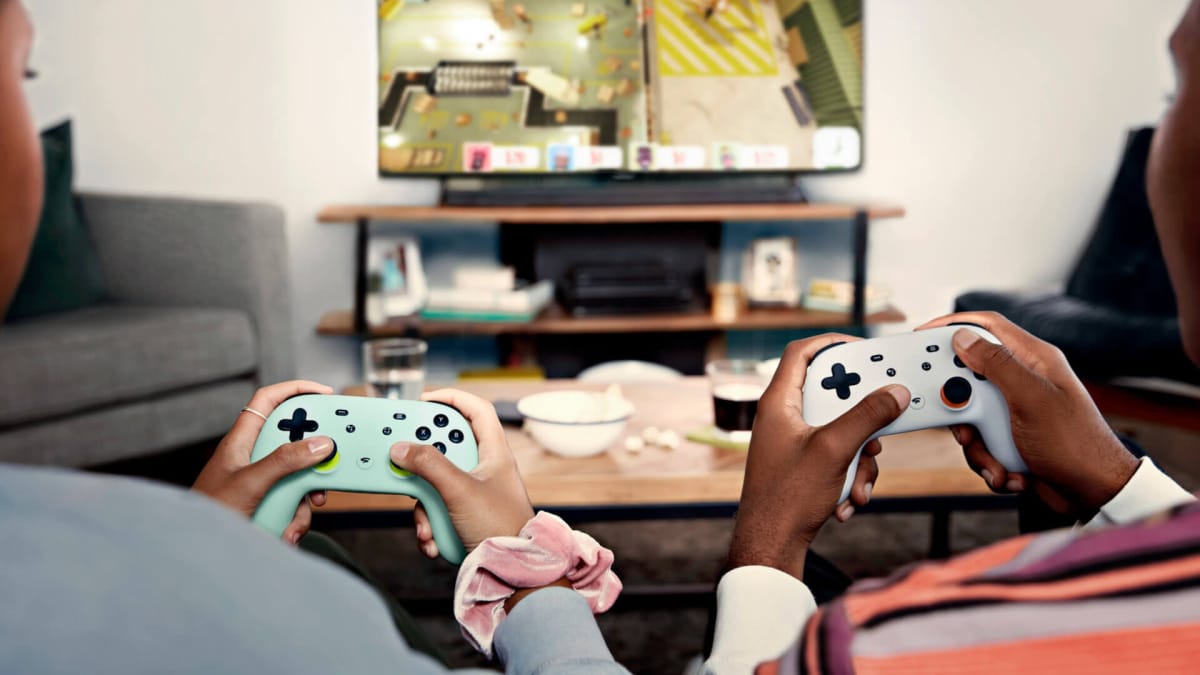
The future of digital distribution is likely here already, whether we like it or not. The Nintendo Switch is probably the last console where owning a massive library of physical cartridges is going to be a point of pride for collectors, as all major publishers in the console market begin to push more and more into digital storefronts. The PlayStation Store, Microsoft Store, Steam, GOG, and Epic Games are widely used, while other, individualized platforms are becoming the norm. All of these storefronts have their own licenses and niches sure, but digital platforms like these are now where our library of games will live.
Will this lead to games disappearing from us forever? In some cases, yes; in others, no. If nothing else, if there is a beloved game you enjoy playing on Steam now, enjoy it. Just be aware that one day, in the far future, it may simply disappear from the Steam store for whatever reason given by the publishers. That may become all too common and is a sad reality that we need to hope doesn’t go to the extreme of removal from our libraries too, unless we take matters into our own hands.
Have a tip, or want to point out something we missed? Leave a Comment or e-mail us at tips@techraptor.net
